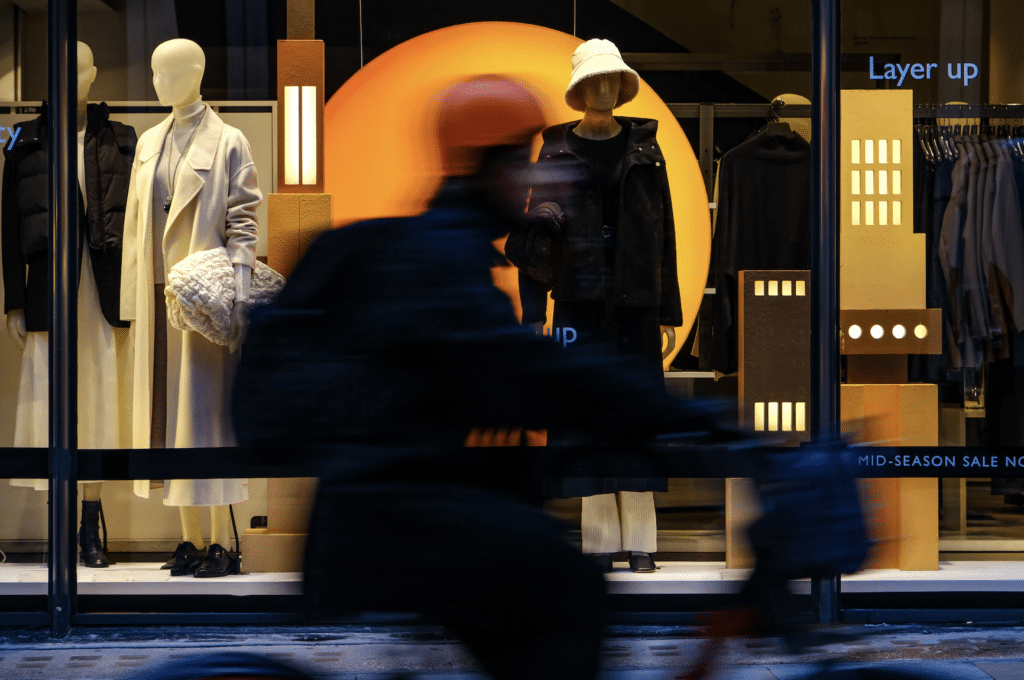A new bill presented to the U.S. House of Representatives this week aims to hold e-commerce platform operators, such as Amazon or eBay, liable for the sale of counterfeit or otherwise infringing products on their sweeping marketplace websites. Entitled the “Stopping Harmful Offers on Platforms by Screening Against Fakes in E-Commerce Act” – or the Shop Safe Act of 2020 for short, the newly-unveiled legislation “incentivizes platforms to engage in a set of best practices to curb the presence of counterfeits on their sites.”
Primarily, the bipartisan bill – which follows from an executive order from President Donald Trump early this year that called for cracking down on U.S. companies that import or facilitate the import of counterfeit or pirated goods – will establish trademark liability for online marketplace platforms when a third-party sells a counterfeit product “that poses a risk to consumer health or safety and that platform does not follow certain best practices.” Those best practices will include “vetting sellers to ensure their legitimacy, removing counterfeit listings, and removing sellers who repeatedly sell counterfeits,” according to a release from the U.S. House Committee on the Judiciary.
Should e-commerce marketplaces fail to “take steps necessary to prevent the continued sale of counterfeits by third-party sellers,” they will “face contributory liability for their actions” in accordance with the new bill, which if passed, would prove a significant development in the space given that, to date, platform operators have largely been able to avoid liability for the sale of fakes on their sites by third parties.
One of the most frequently-cited cases in this arena is Tiffany & Co. v. eBay, one that saw Tiffany & Co. sue the marketplace giant in 2004, claiming that it should be held liable for trademark infringement because the company knew that its widely-used marketplace site was being used to sell substantial quantities of counterfeit or otherwise infringing goods, even if that knowledge was merely general and did not extend to which particular goods were the legally problematic ones.
The U.S. Court of Appeals for the Second Circuit determined that eBay was not liable for trademark infringement, noting that “eBay did not itself sell counterfeit Tiffany goods; only the fraudulent vendors did, and that is in part why we conclude that eBay did not infringe Tiffany’s mark.” More than that, the court held that in order to impose contributory liability on eBay, the site operators needed to “know or have reason to know” that counterfeit Tiffany products were being sold on its website, a level of knowledge that had not been established.
Also of critical importance was the finding that eBay was routinely making substantial investments toward anti-counterfeiting initiatives, investing as much as $20 million a year and devoting more than 200 full-time employees to enforcement activities, including its Verified Rights Owner “notice-and-takedown” system.
As reported by Finnegan, another “significant factor weighing in the court’s analysis was its finding that a substantial number of authentic Tiffany goods were sold on eBay, including some that were sold in lots of five or more. Thus, requiring eBay to prospectively ban all listings of Tiffany merchandise being offered for sale in lots of five or more would stifle the legitimate secondary market for Tiffany products on eBay.”
In siding with eBay, the court refused to shift the brand owner’s trademark enforcement burden to eBay, and in 2010, the Supreme Court opted not to take on the case, despite Tiffany & Co.’s argument that it presented “an extremely important question about allocating trademark rights and burdens in the modern Internet economy.”
It is against this background – and in light of the increasingly market-dominating businesses of the likes of Amazon, which generated $42.75 billion in sales on from third-party marketplace in 2018 – that the Shop Safe Act is being introduced.
Speaking about the proposed legislation this week, Rep. Jerrold Nadler (D-NY) – who co-sponsored the bill alongside Doug Collins (R-GA), Hank Johnson (D-GA), and Martha Roby (R-AL) – said, “American consumers increasingly turn to the internet to shop. Counterfeiters have followed consumers, and it is clear more must be done to combat the rising trend in online sales of counterfeit products.” He continued on to note that “consumers should be able to trust that what they see and purchase online is what they will get, but counterfeiters continue to join platforms with ease and masquerade as reliable sellers in order to infect American households with dangerous and unsafe counterfeit products. The Shop SafeAct proposes a set of commonsense measures to tackle the gaps in these platforms’ systems and stop counterfeit sales.”
So far, the bill is gaining traction among industry participants. “The SHOP SAFE Act is the latest in a string of proactive efforts by Congress and the administration to address the growing counterfeit problem,” Steve Lamar, president and CEO of the American Apparel & Footwear Association, said in a statement. “Unless we are continuously improving in the fight against counterfeits, we are falling behind.” On the other hand, if its fight in an ongoing lawsuit aiming to hold it liable for strict products liability, negligence, and misrepresentation in connection with the sale of a defective dog leash by a third party on its marketplace site is any indiction, Amazon and similarly situated e-commerce titans can be expected to lobby this bill to death.
As for whether the potential effectiveness of proposed legislation, it might not the home run that fashion and luxury brands are hoping for. In order for the bill to apply and thus, for third-party marketplaces to be deemed contributorily liable, the goods at issue have to “pose a risk to consumer health or safety.” It will be interesting to see how fashion brands approach that in furtherance of their quest to cut down on the widespread sale of fake garments and accessories.
[/et_pb_text][/et_pb_column] [/et_pb_row] [/et_pb_section]













